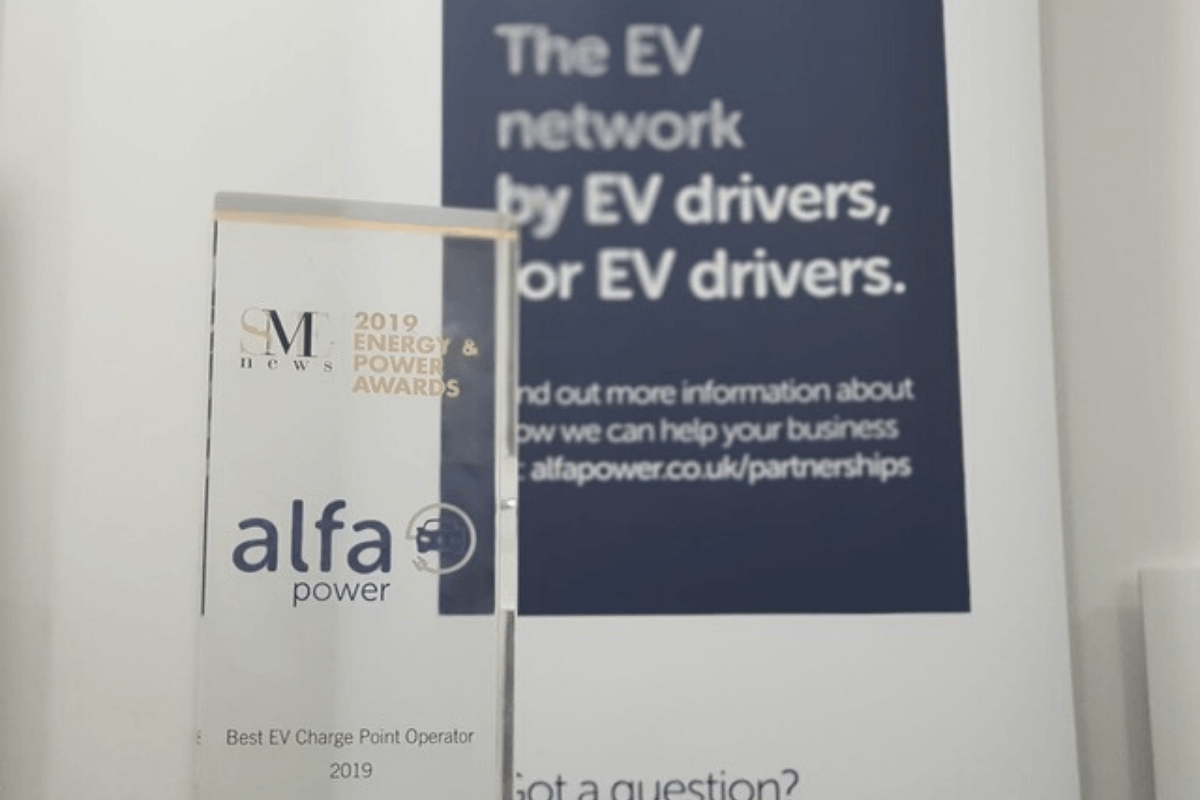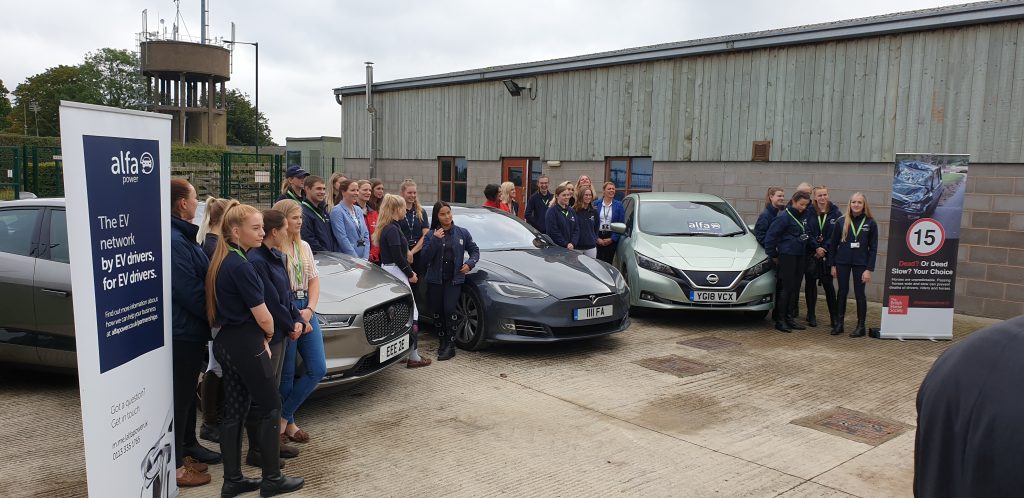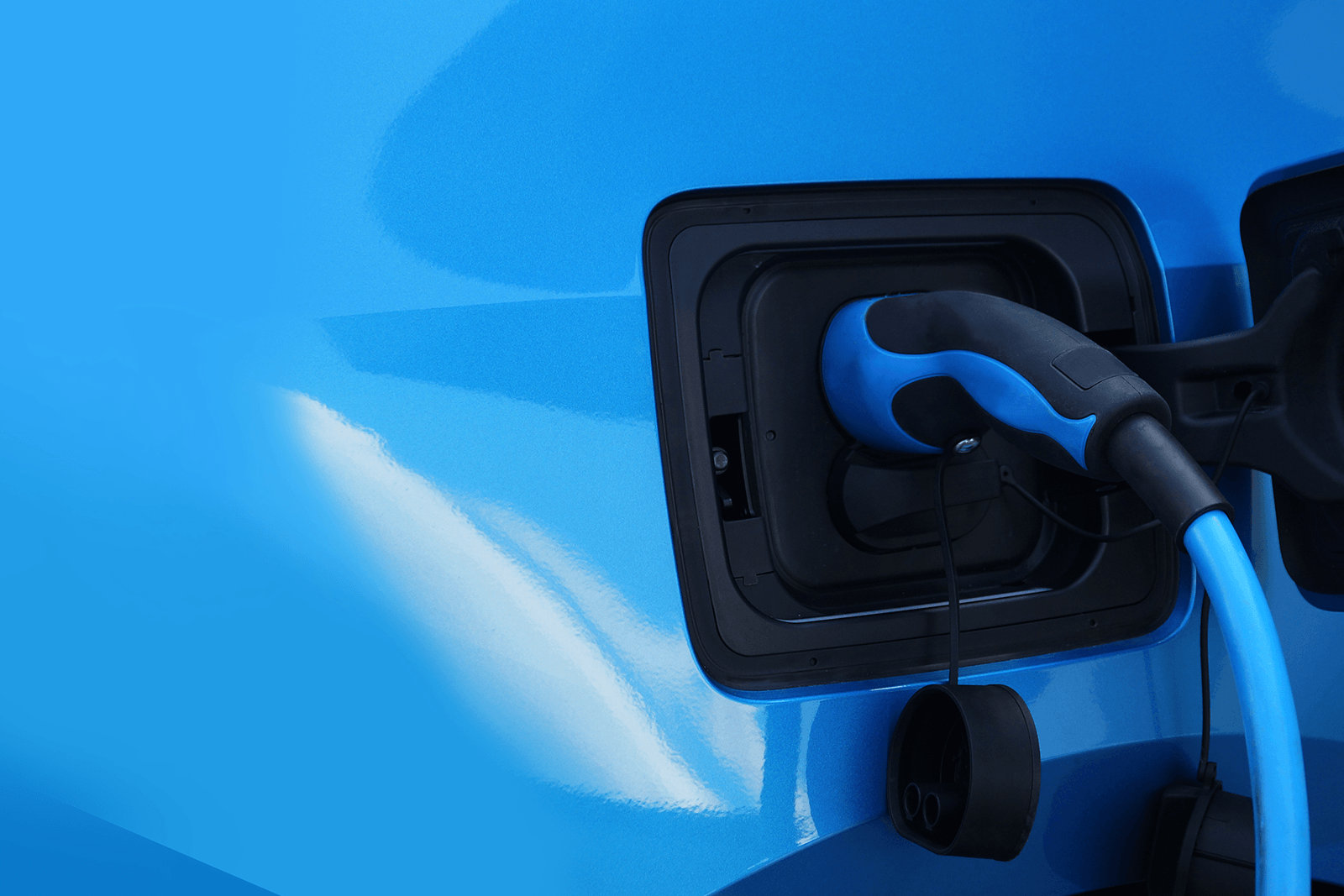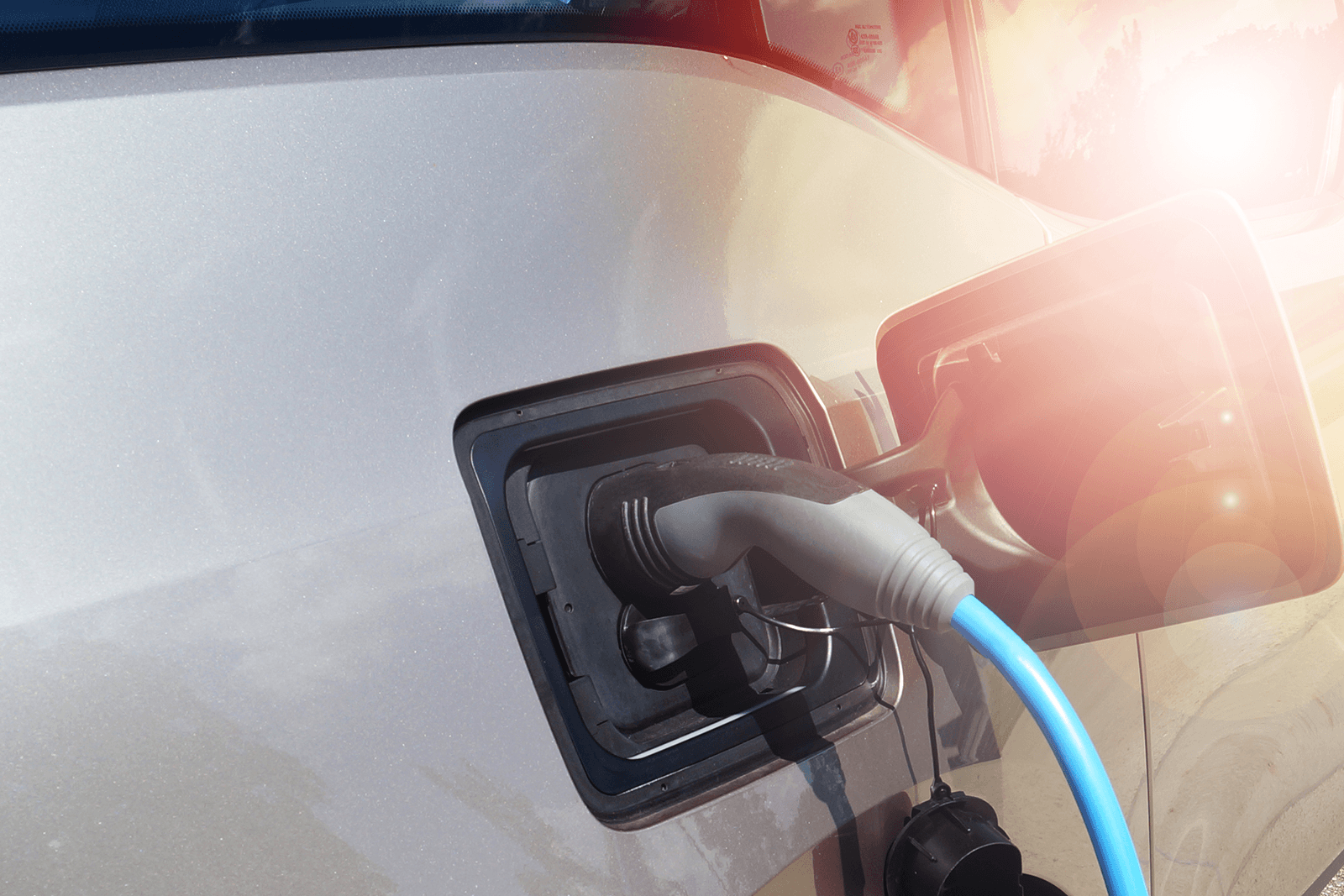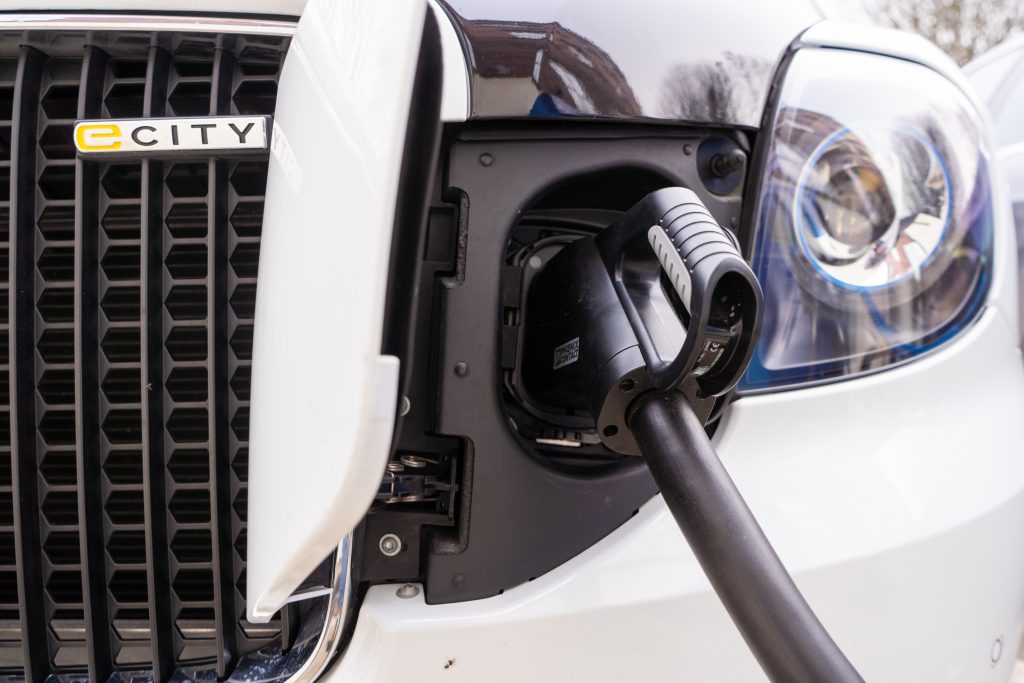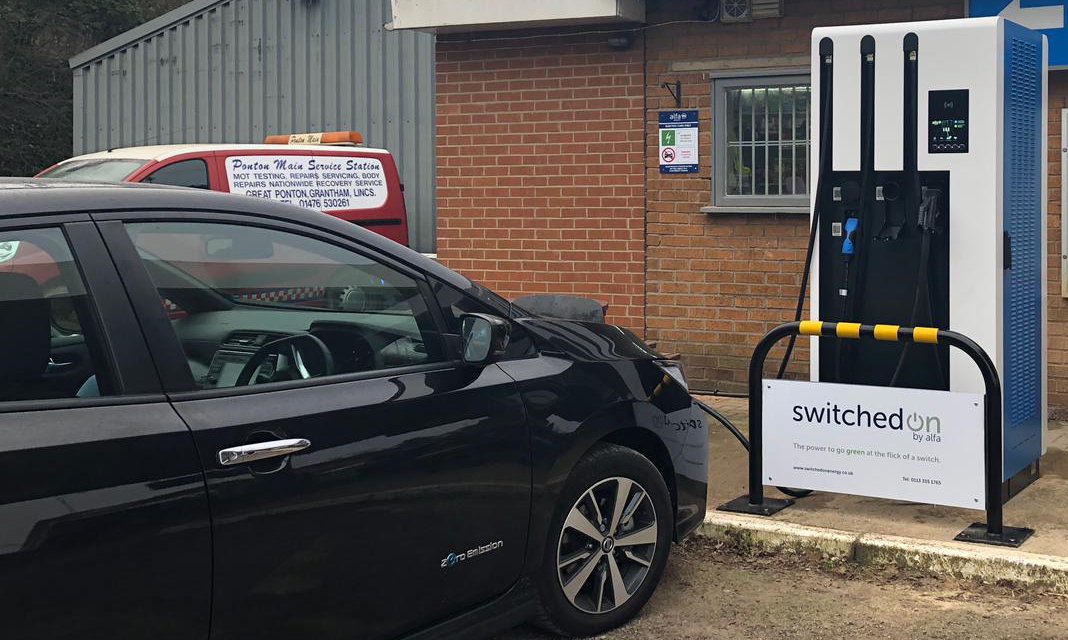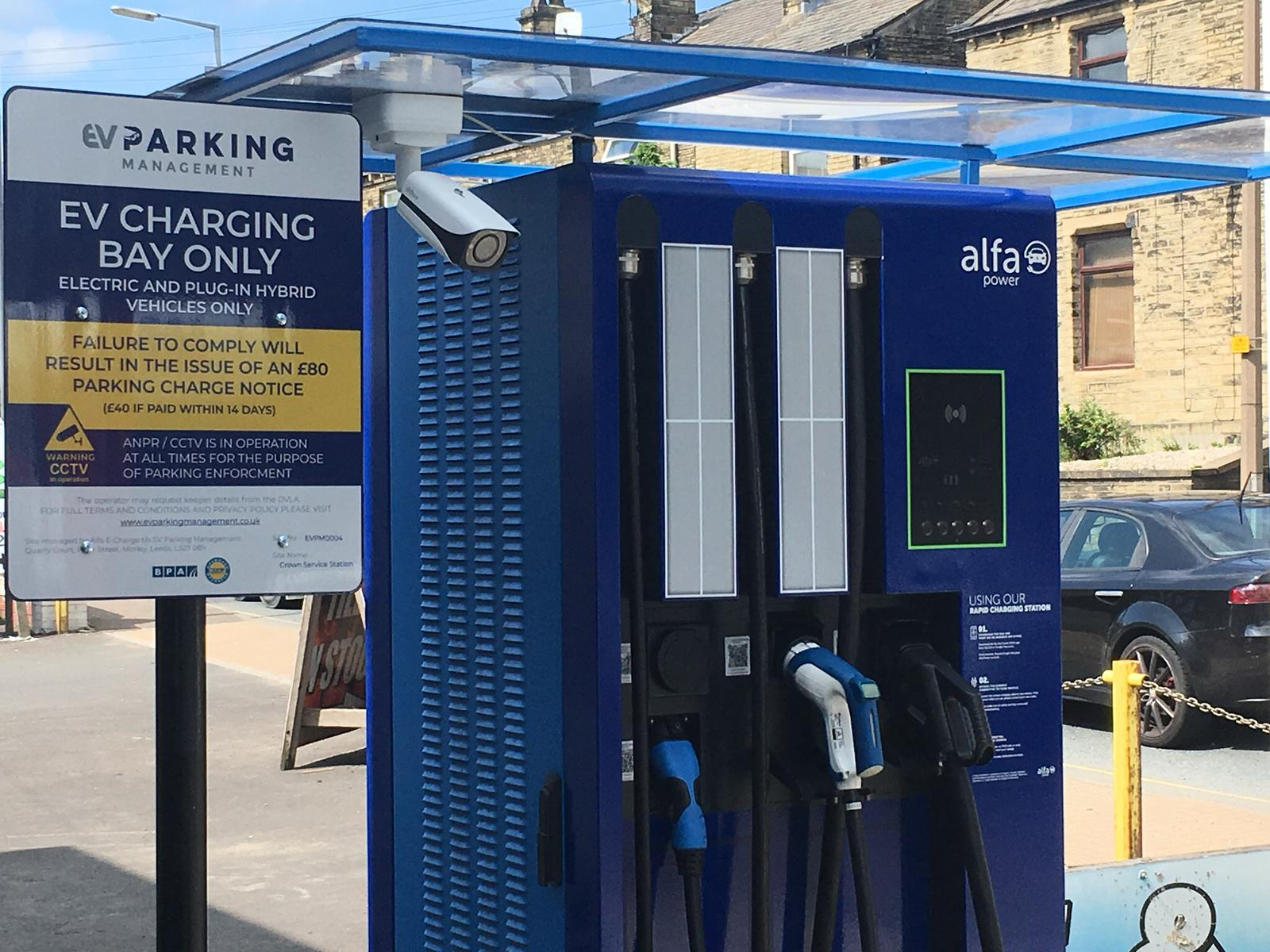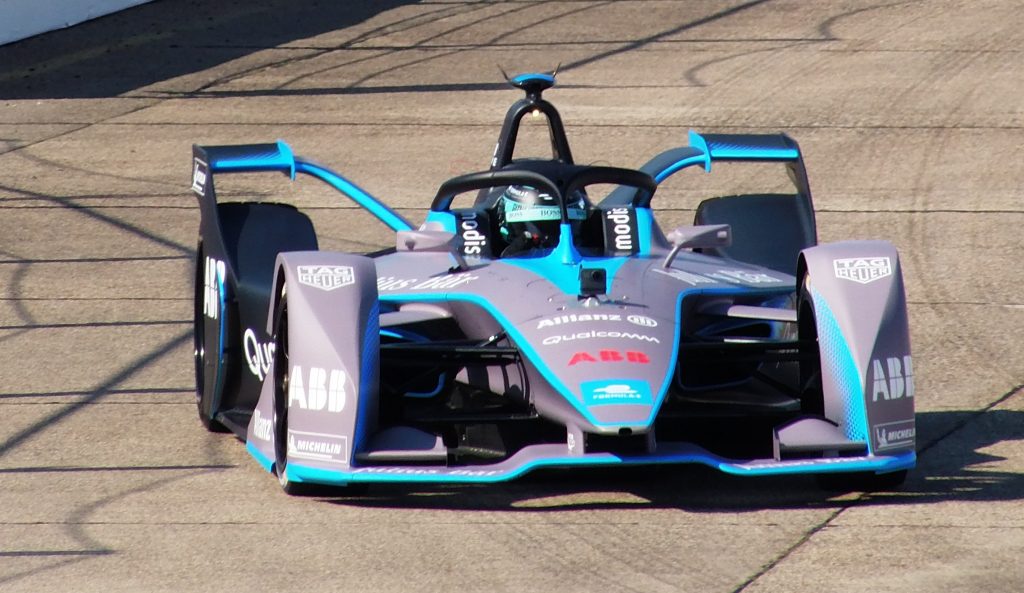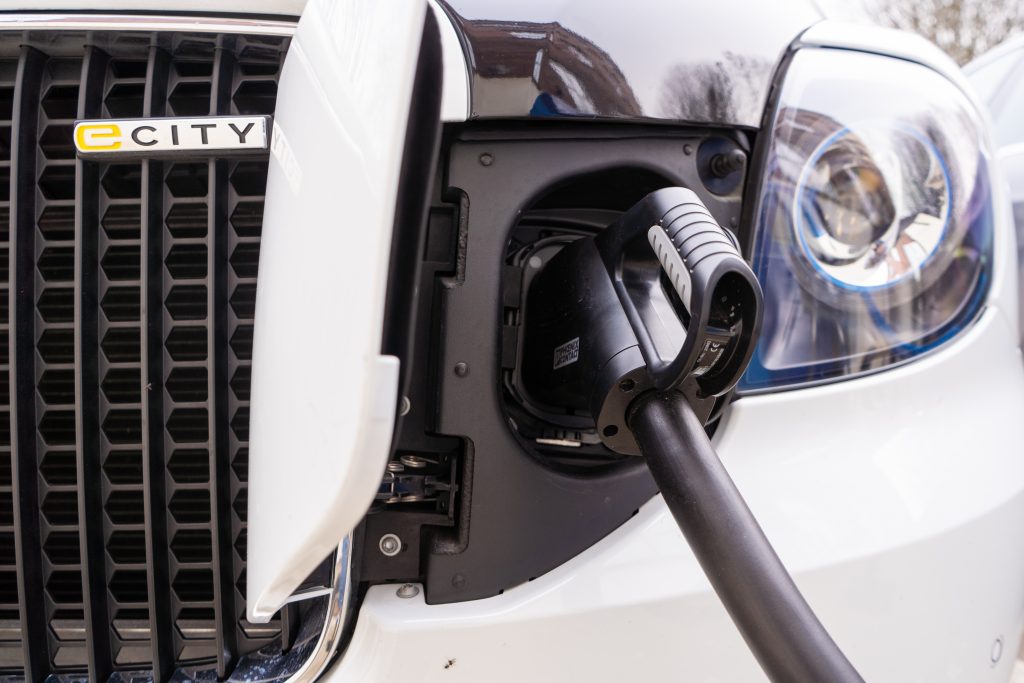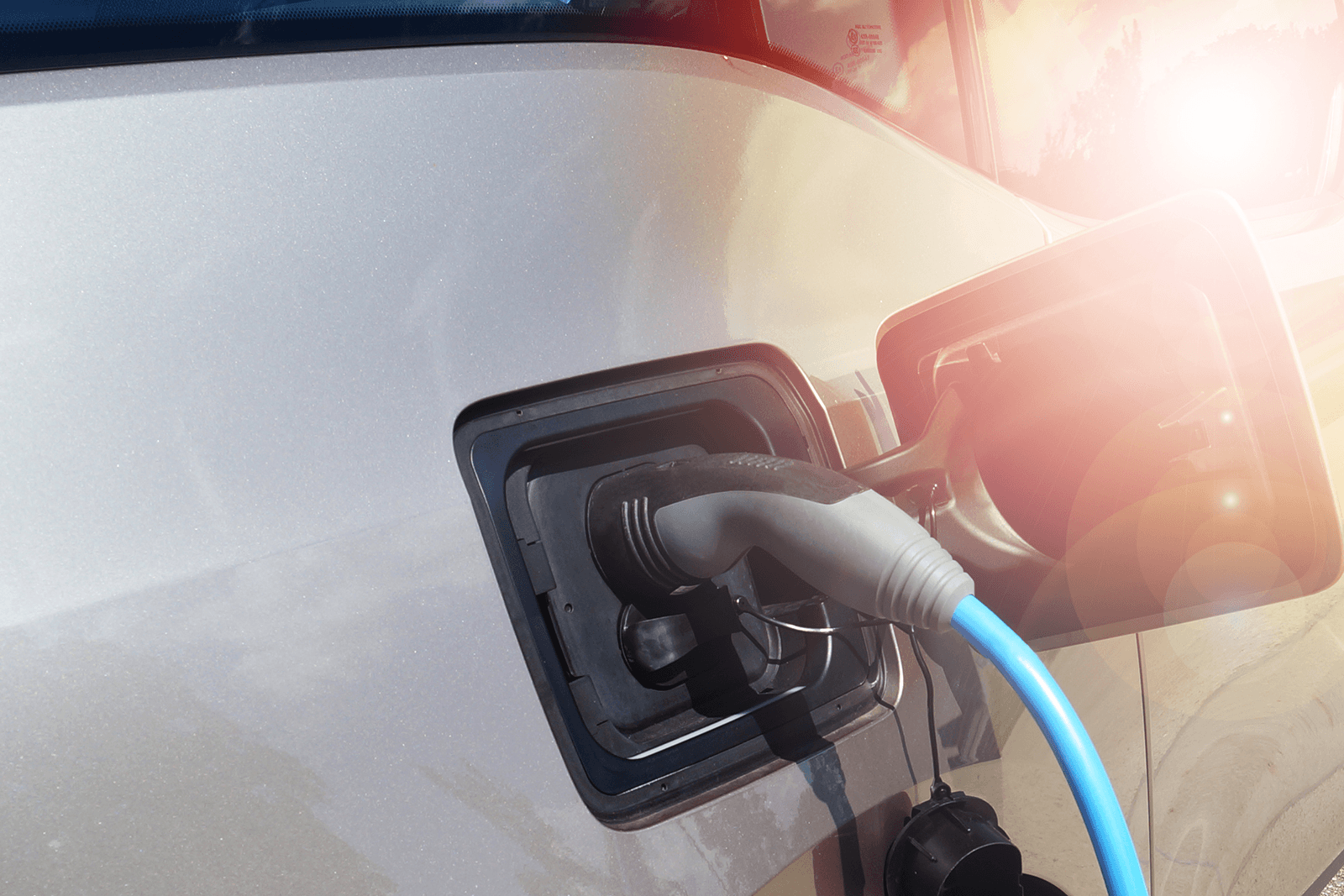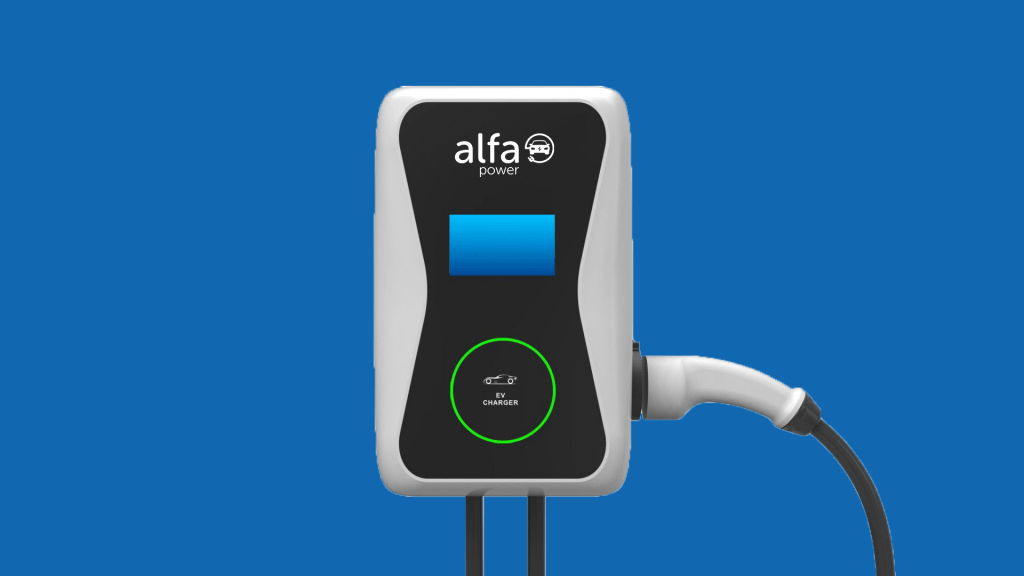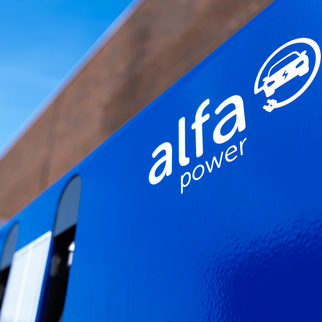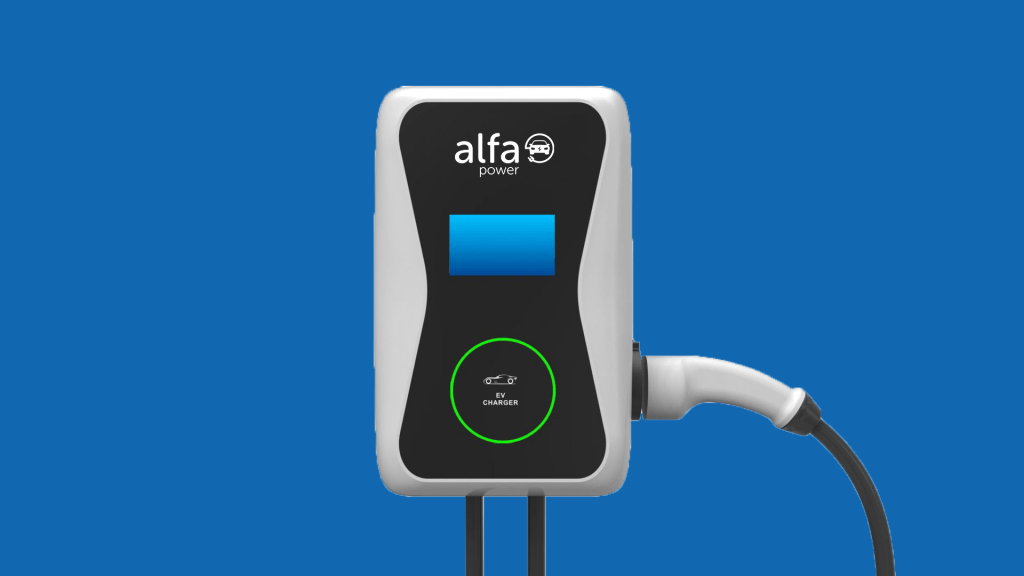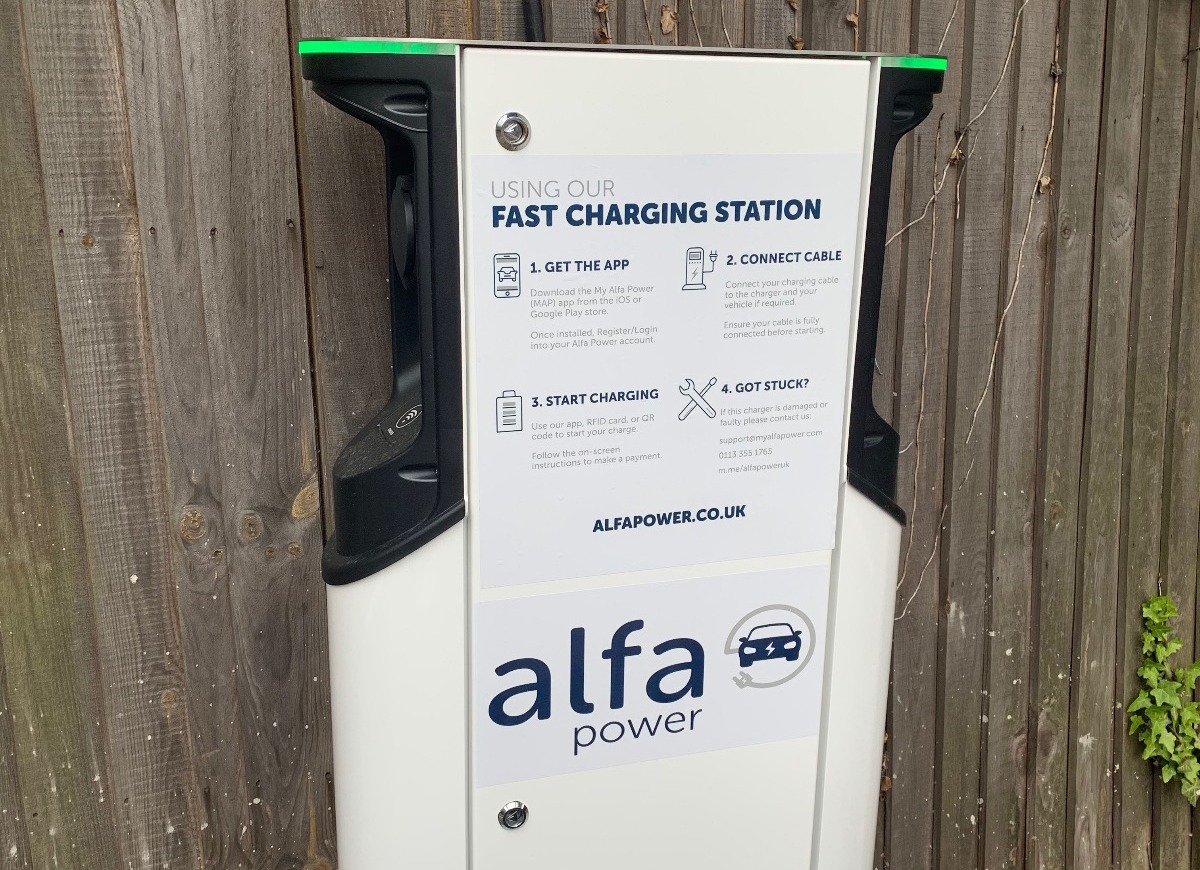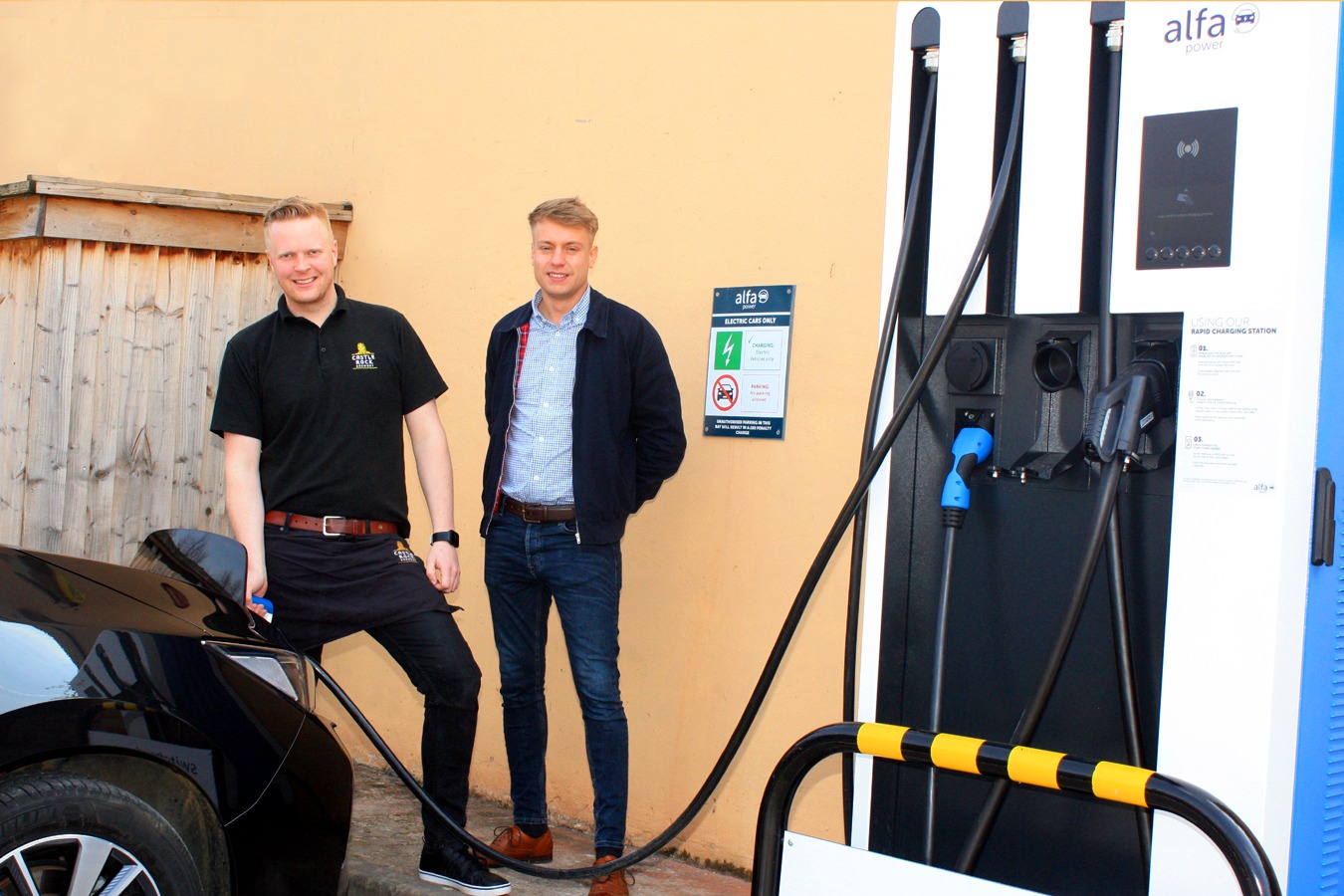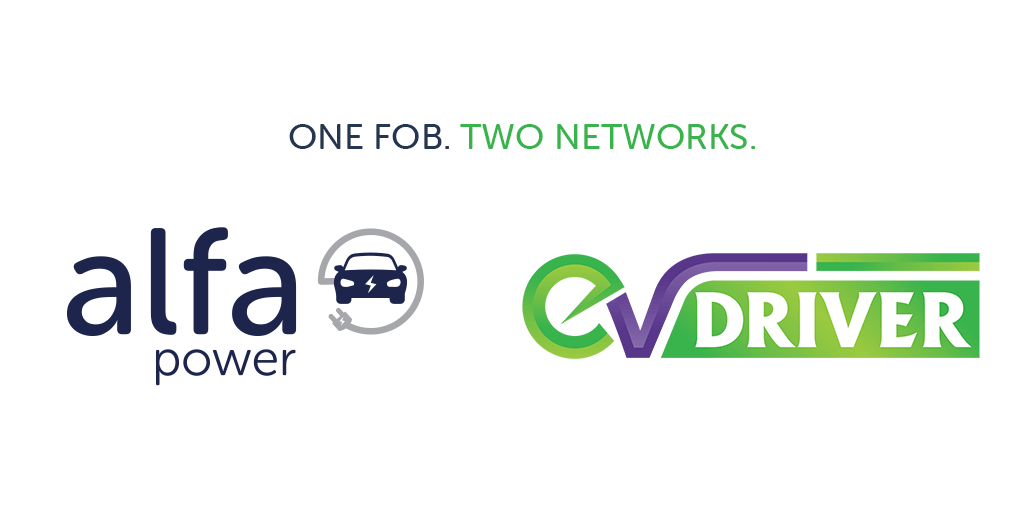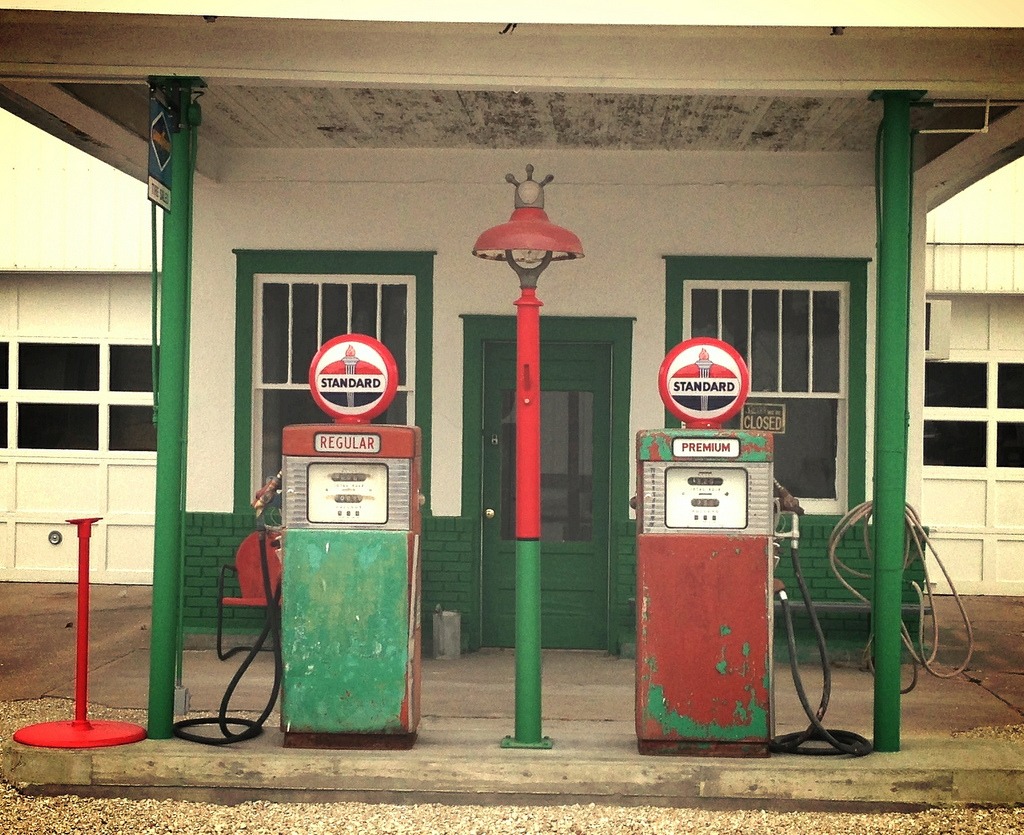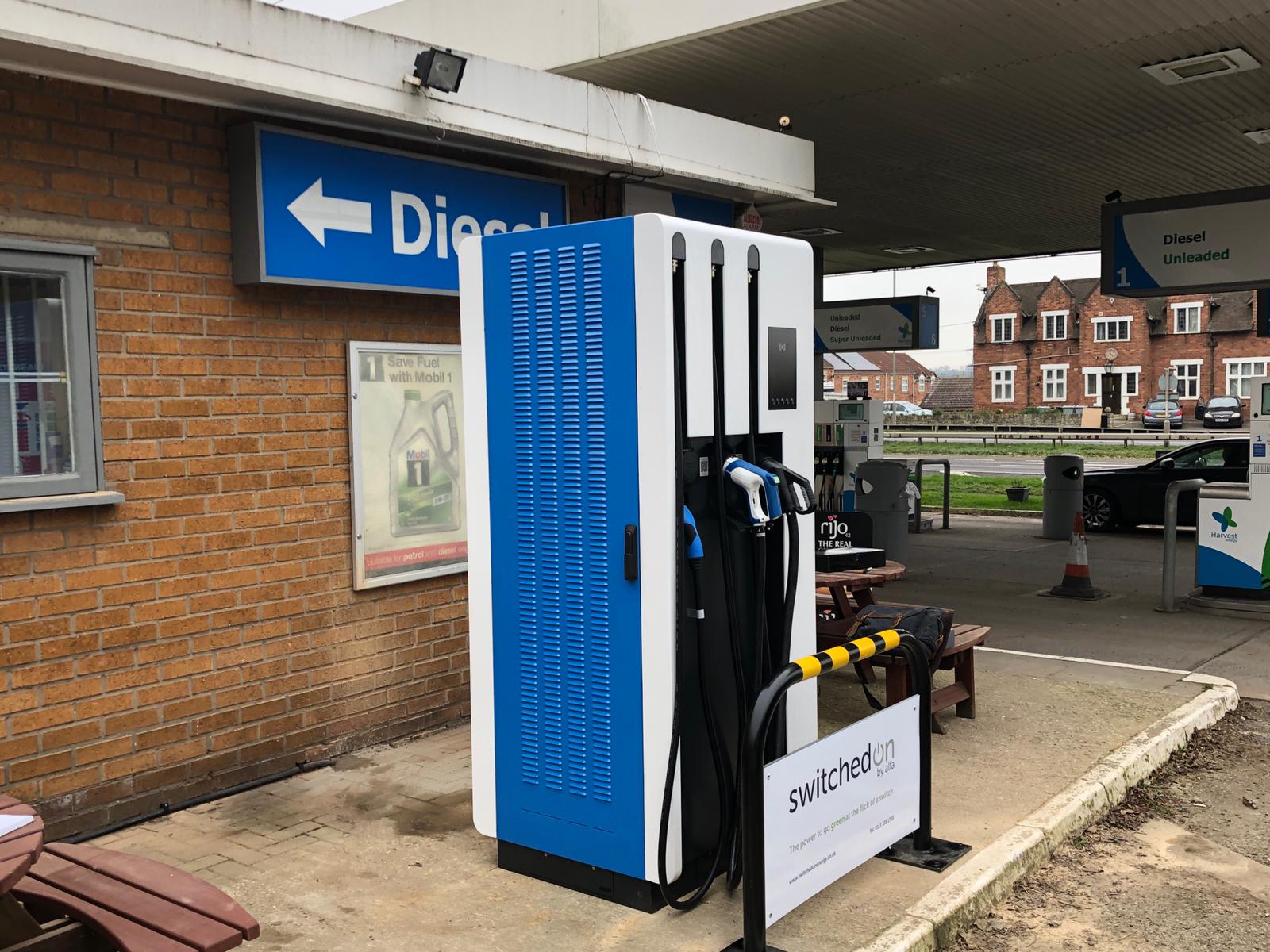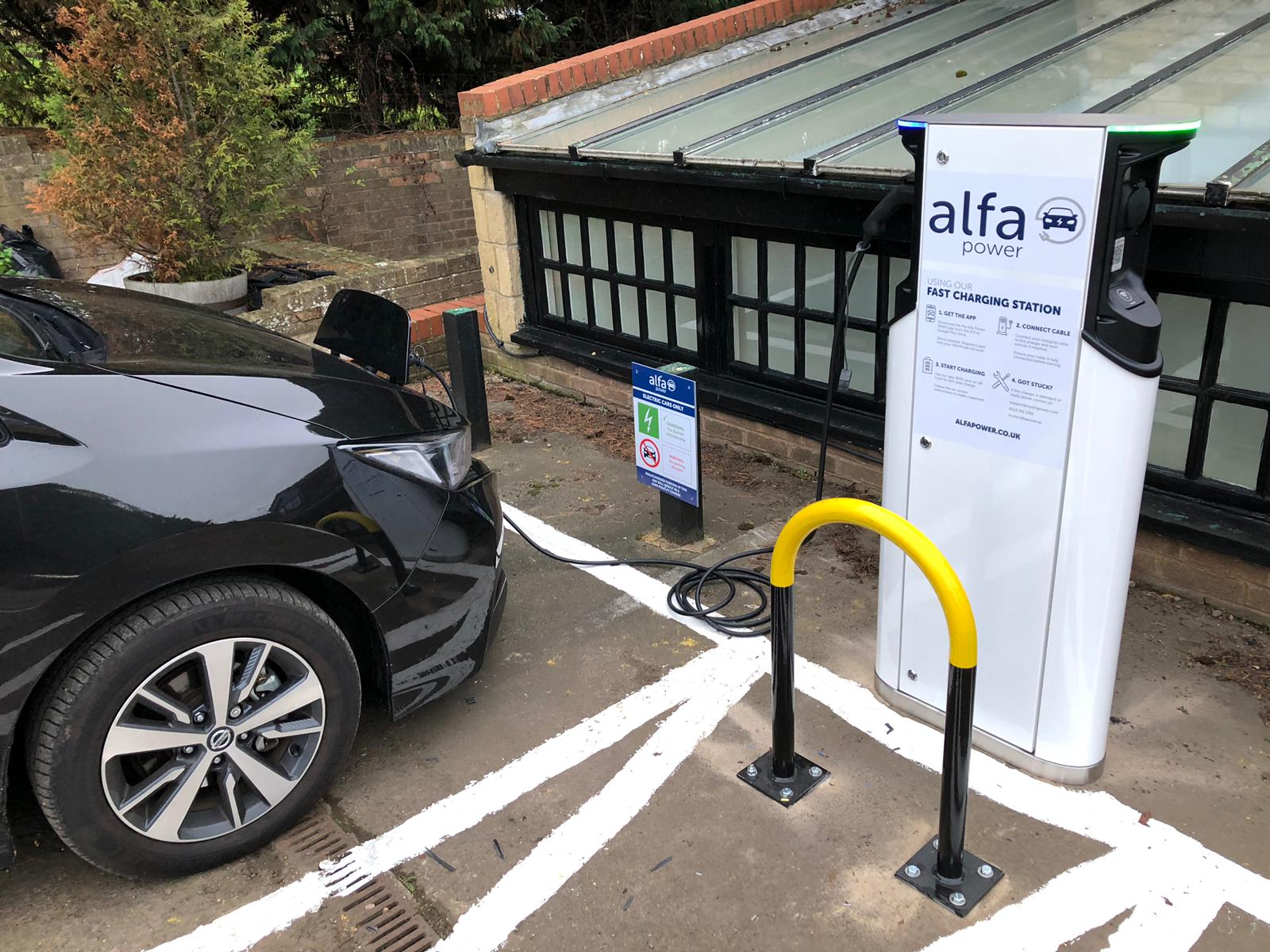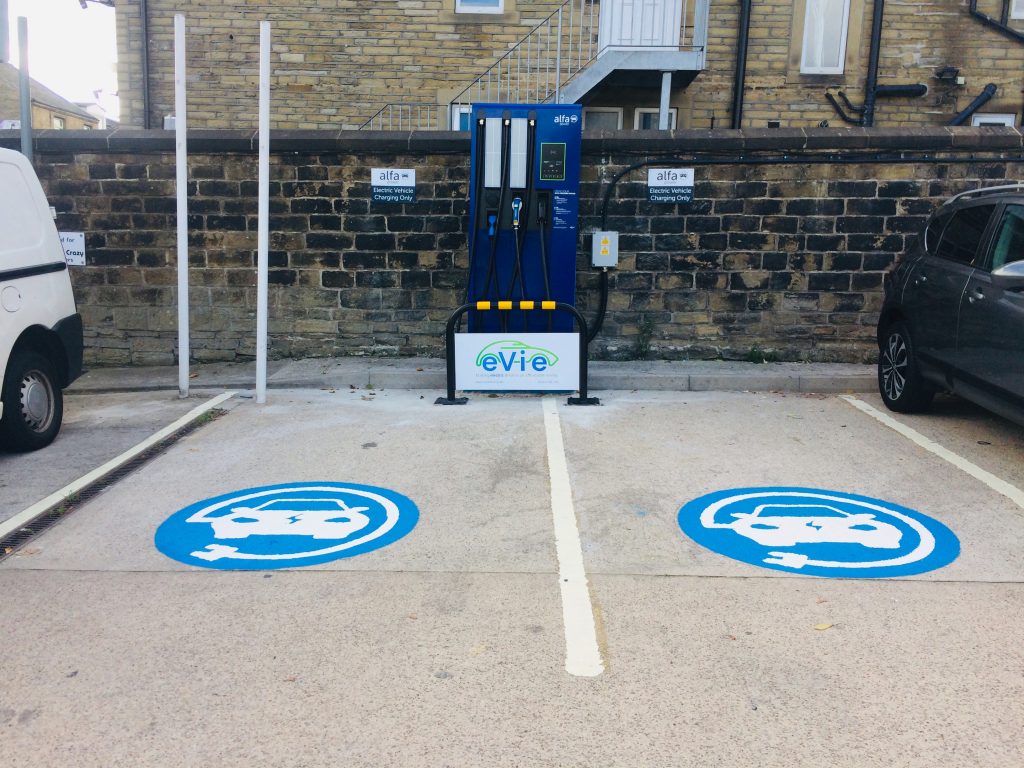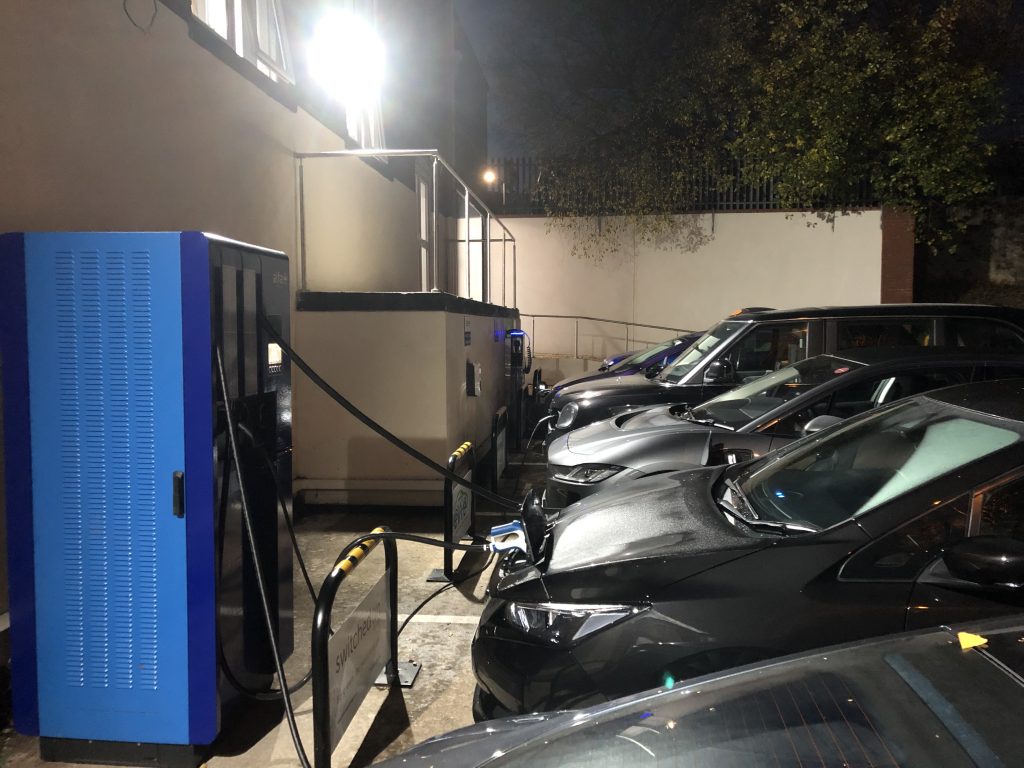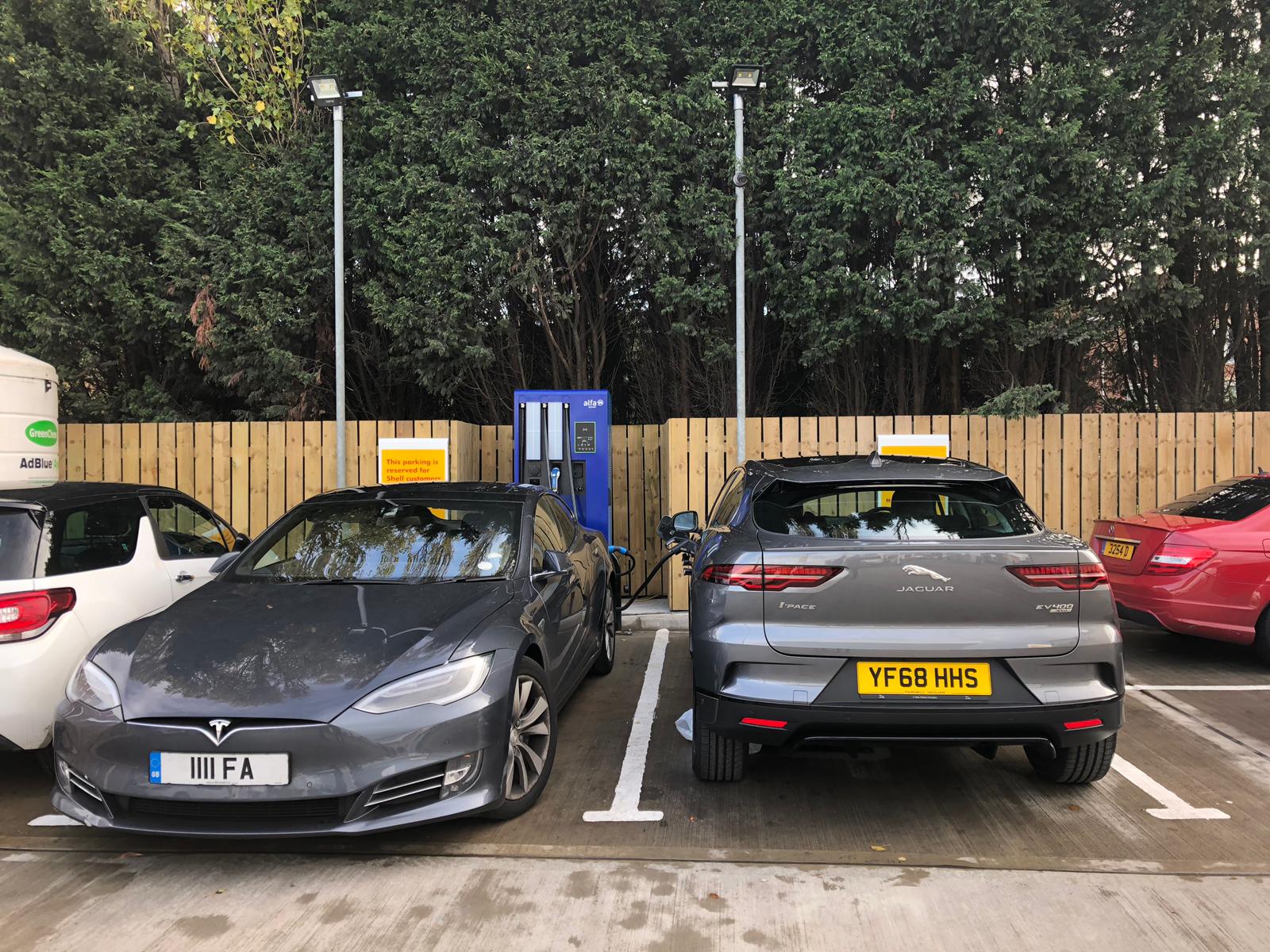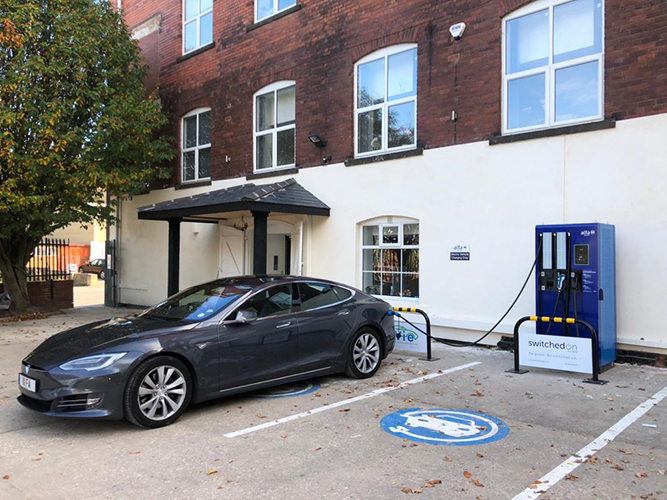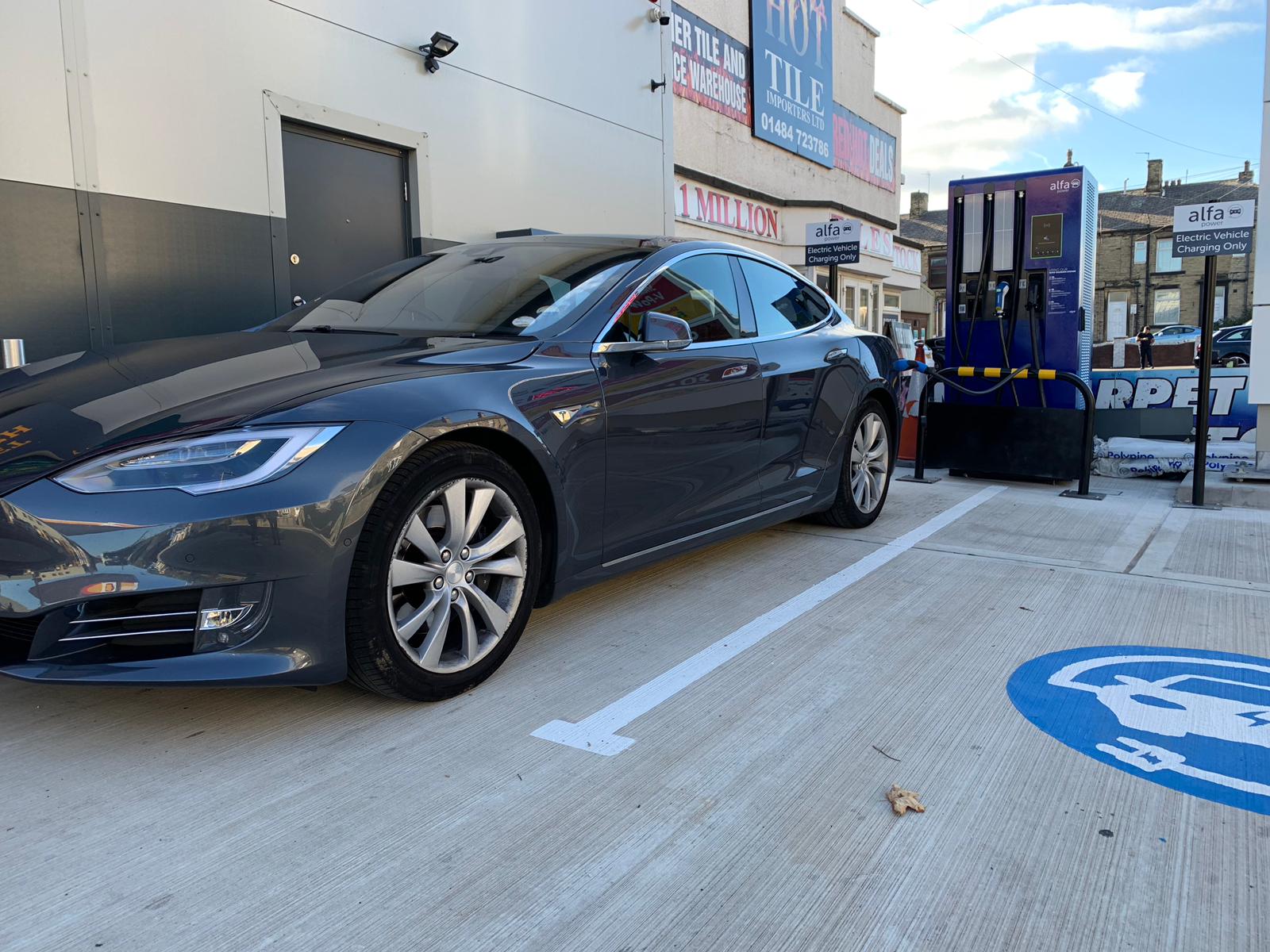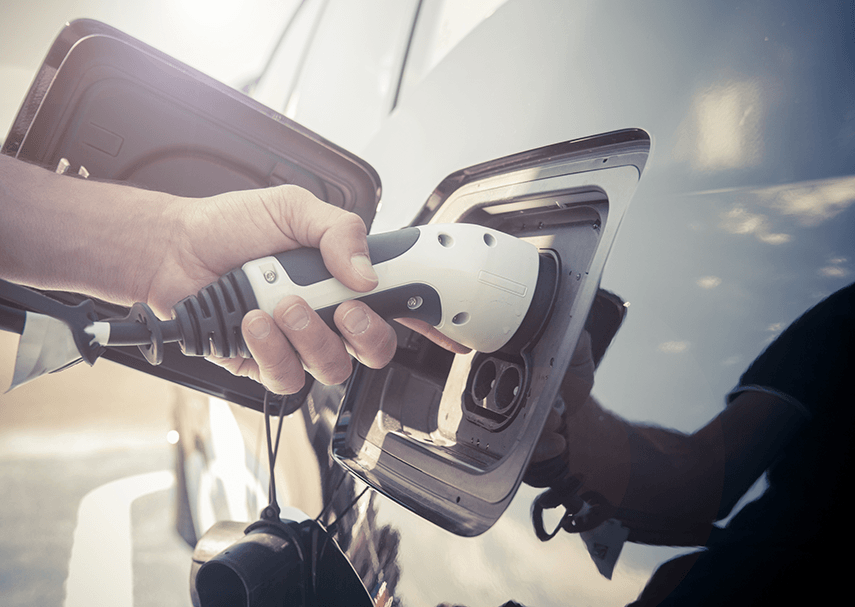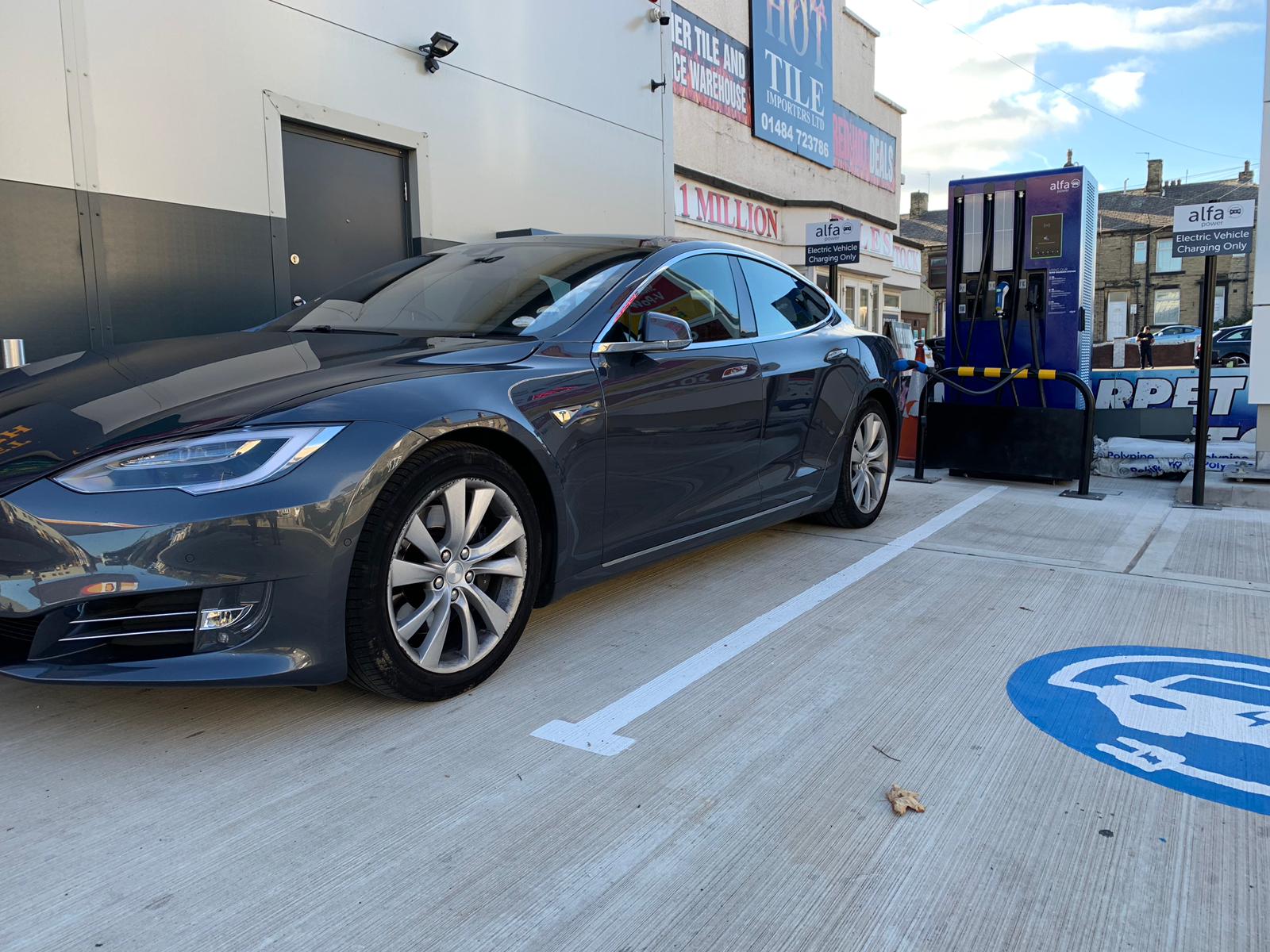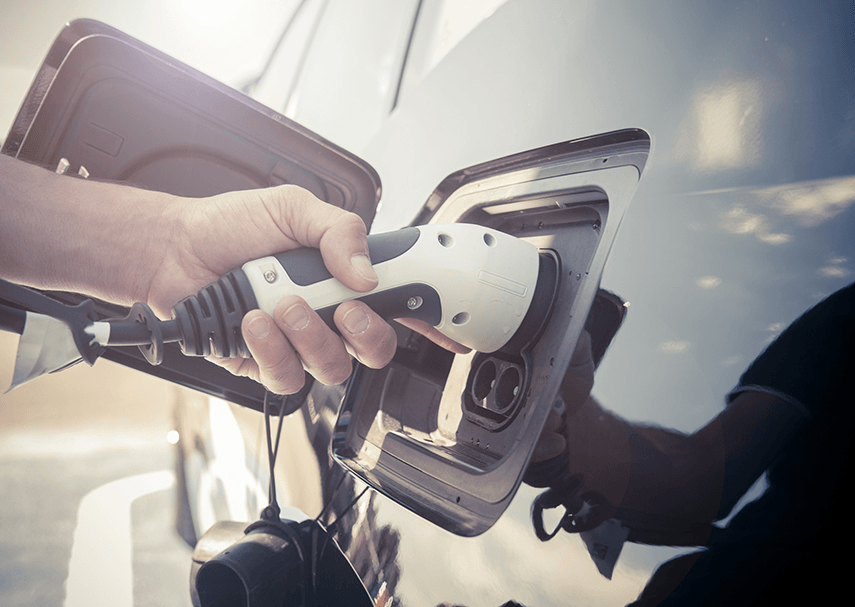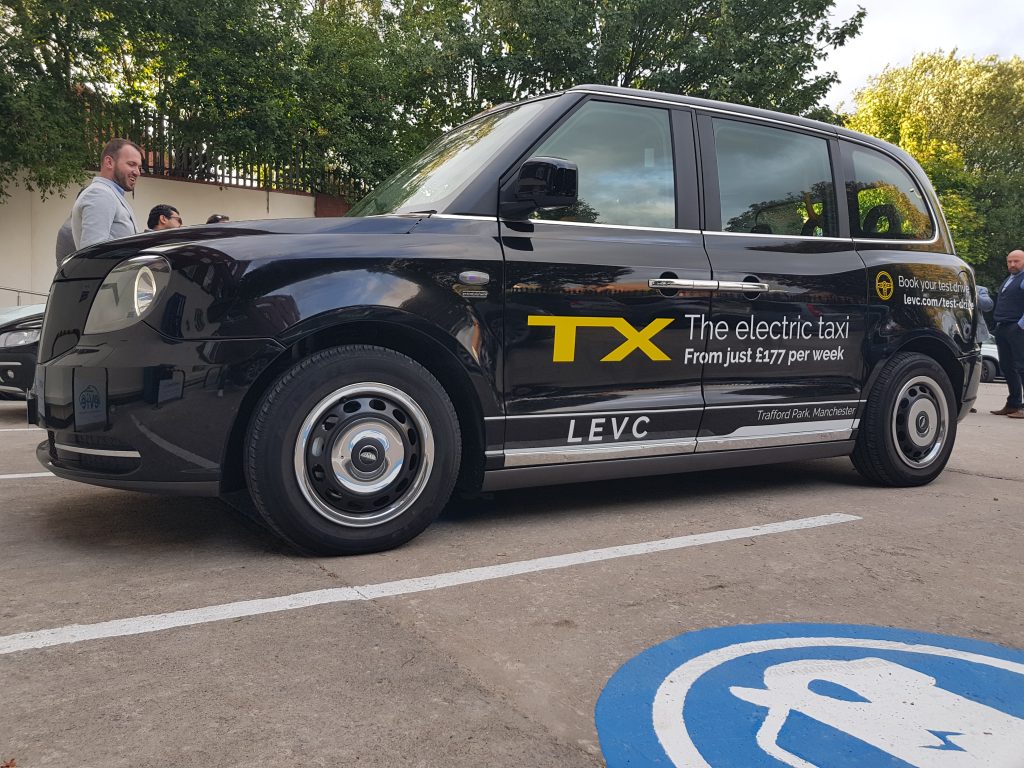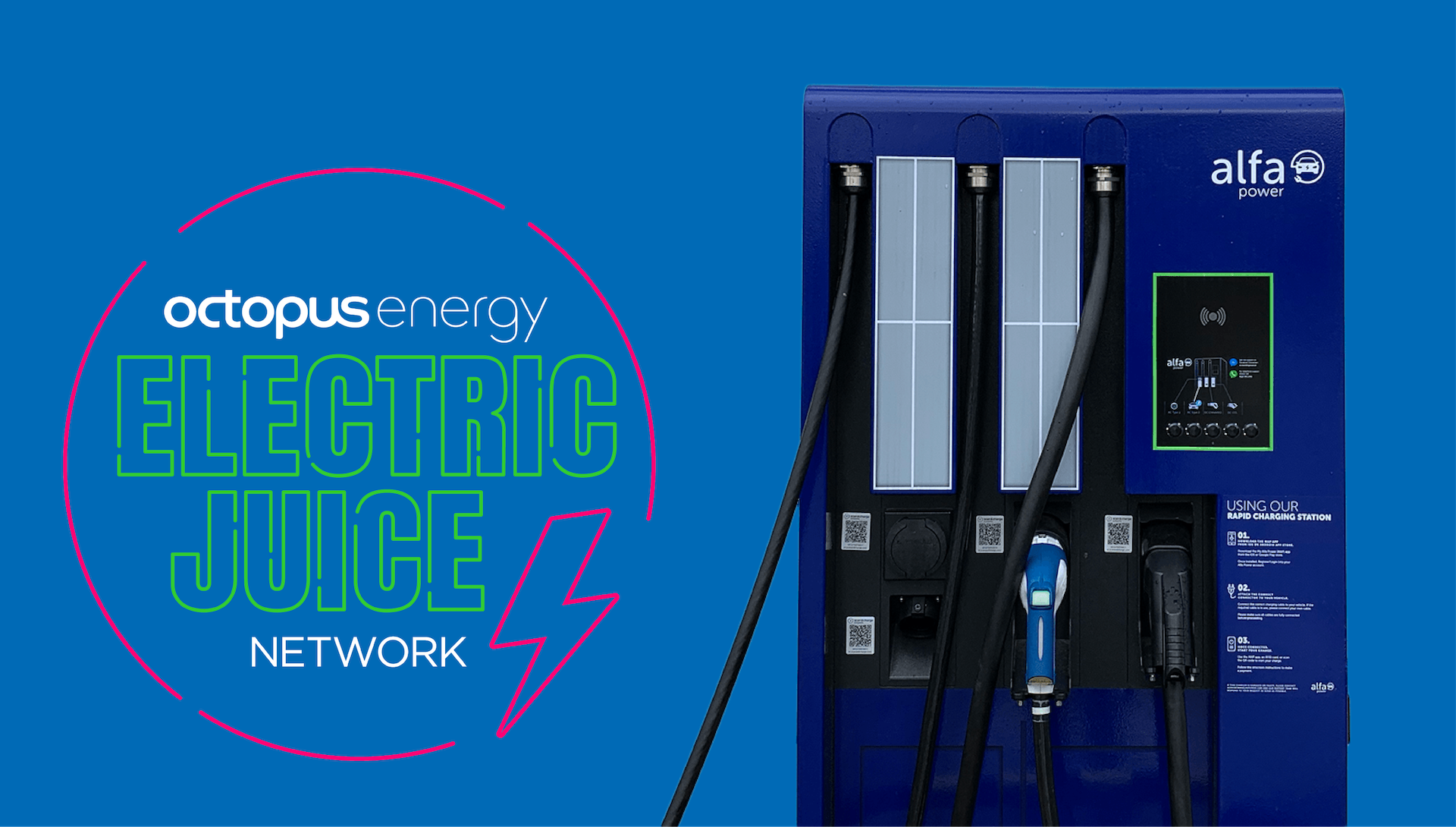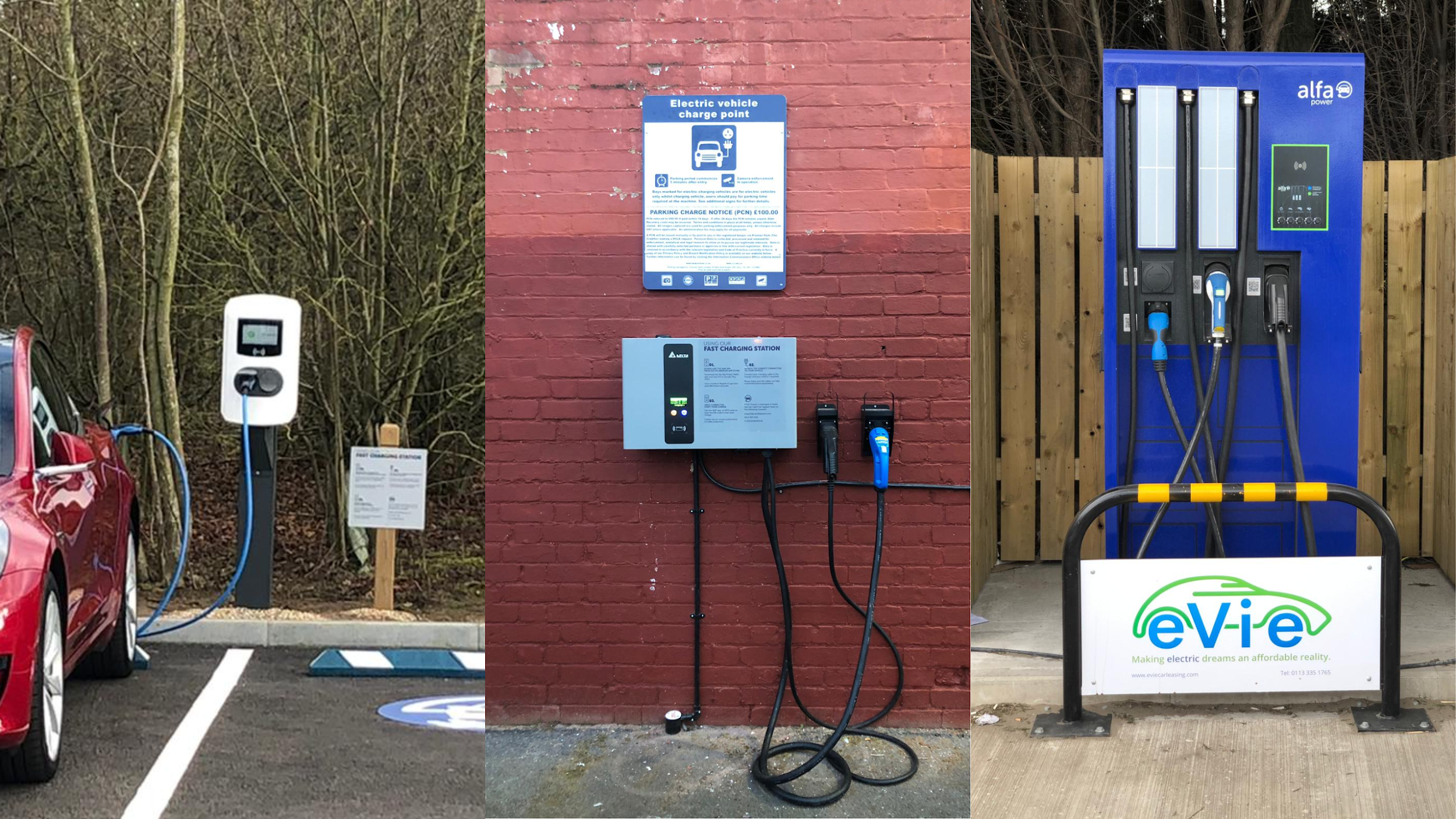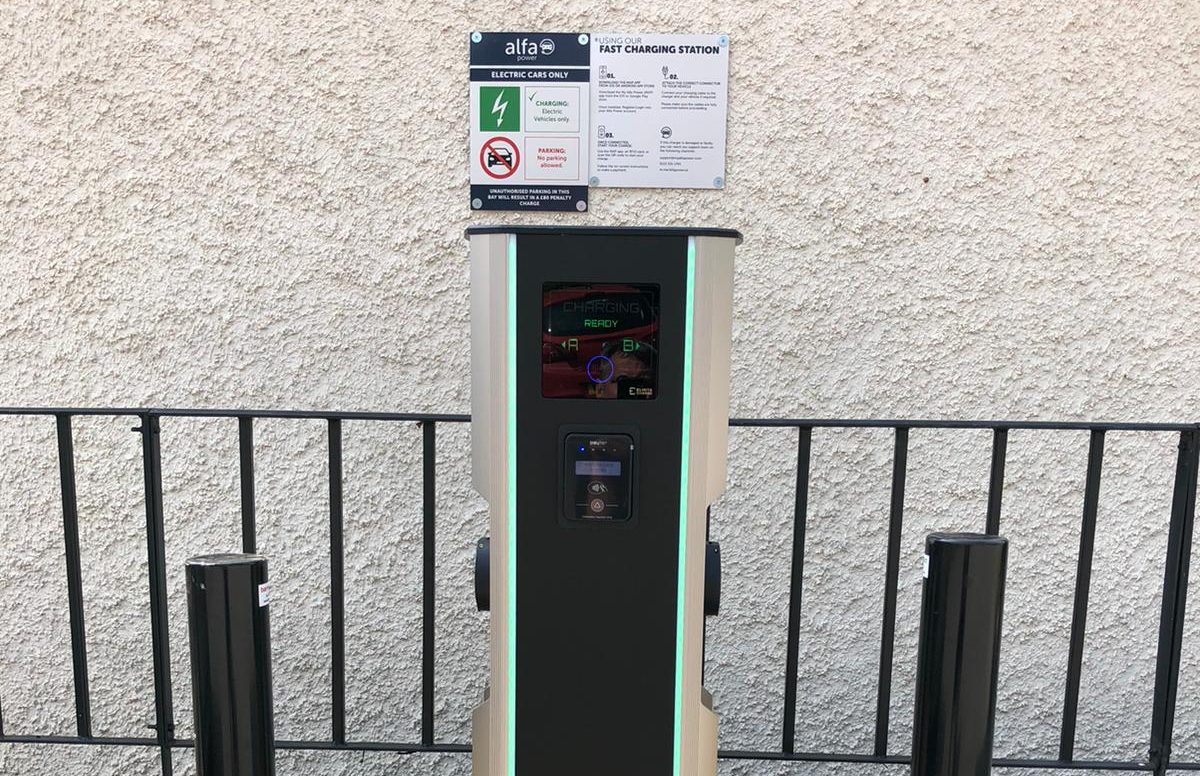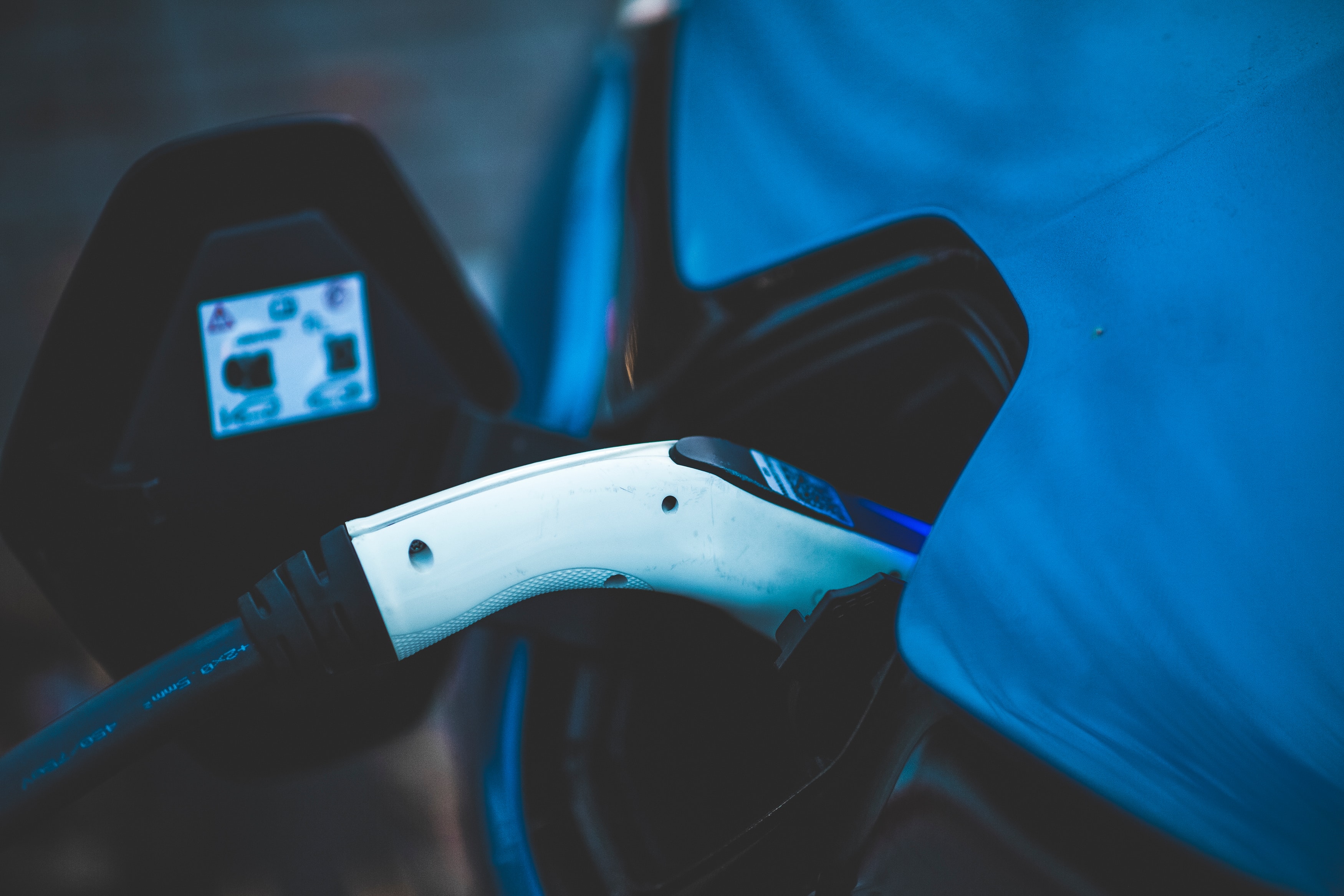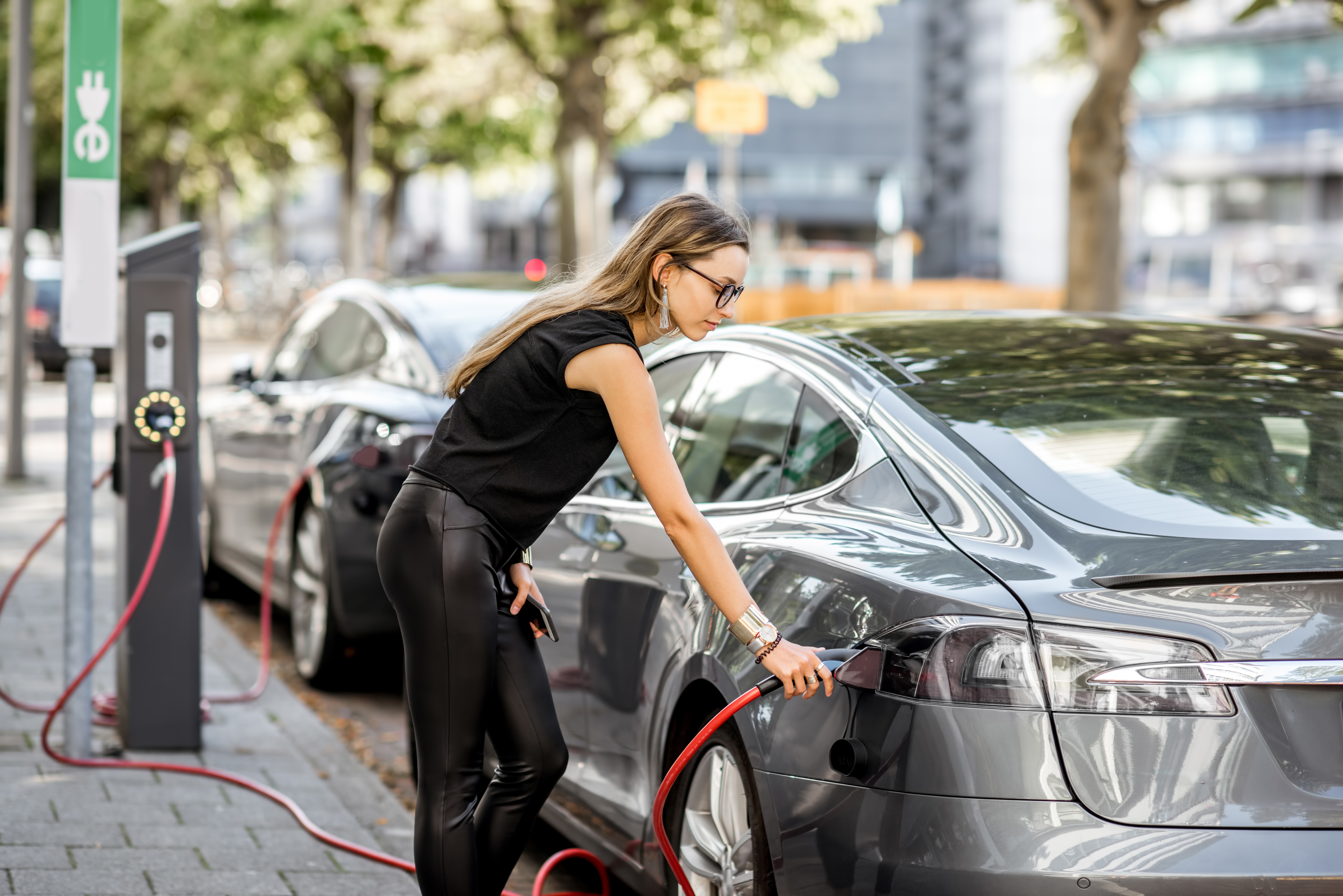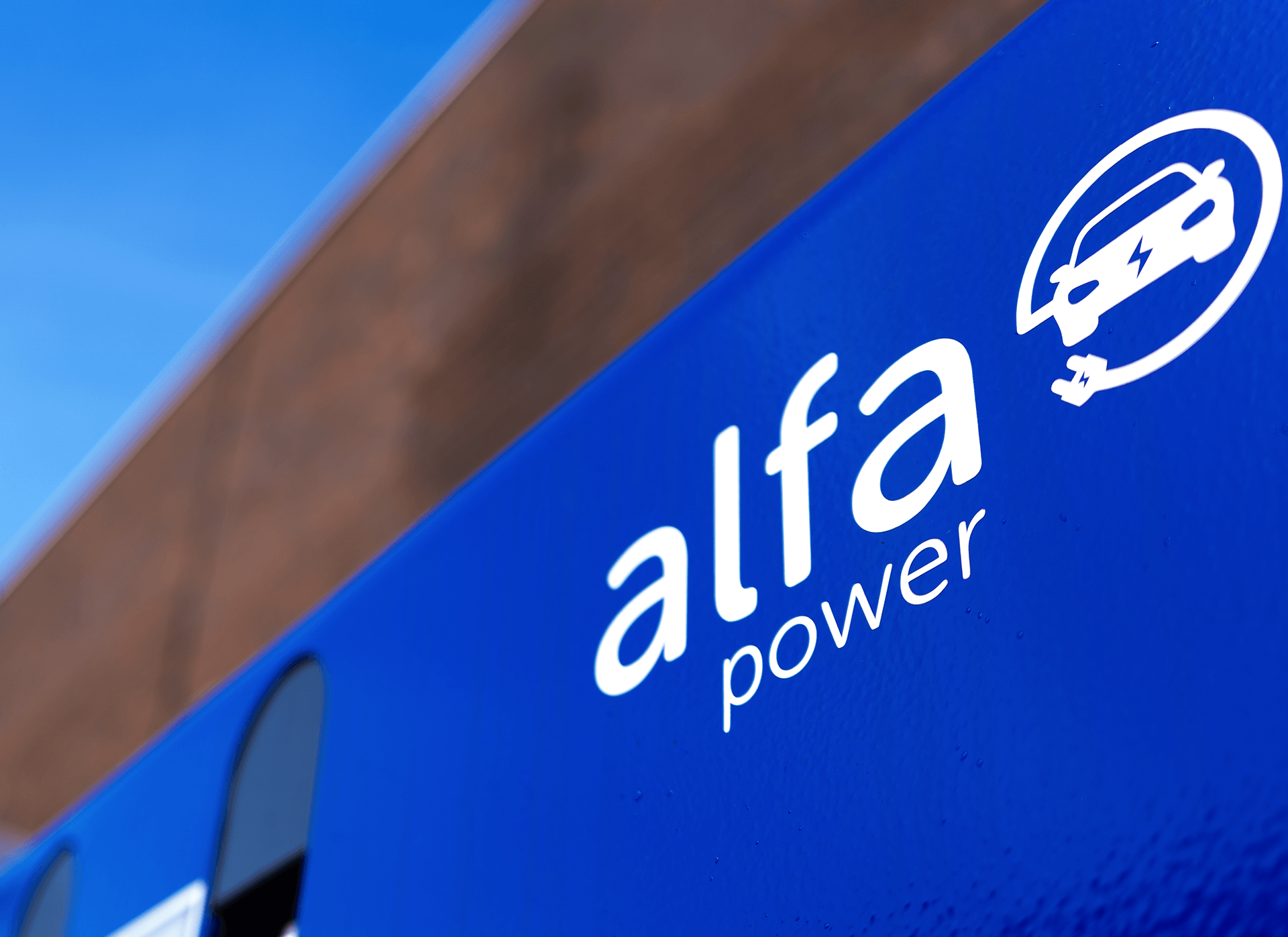Alfa Power aims to awaken a sleeping giant
30th November 2018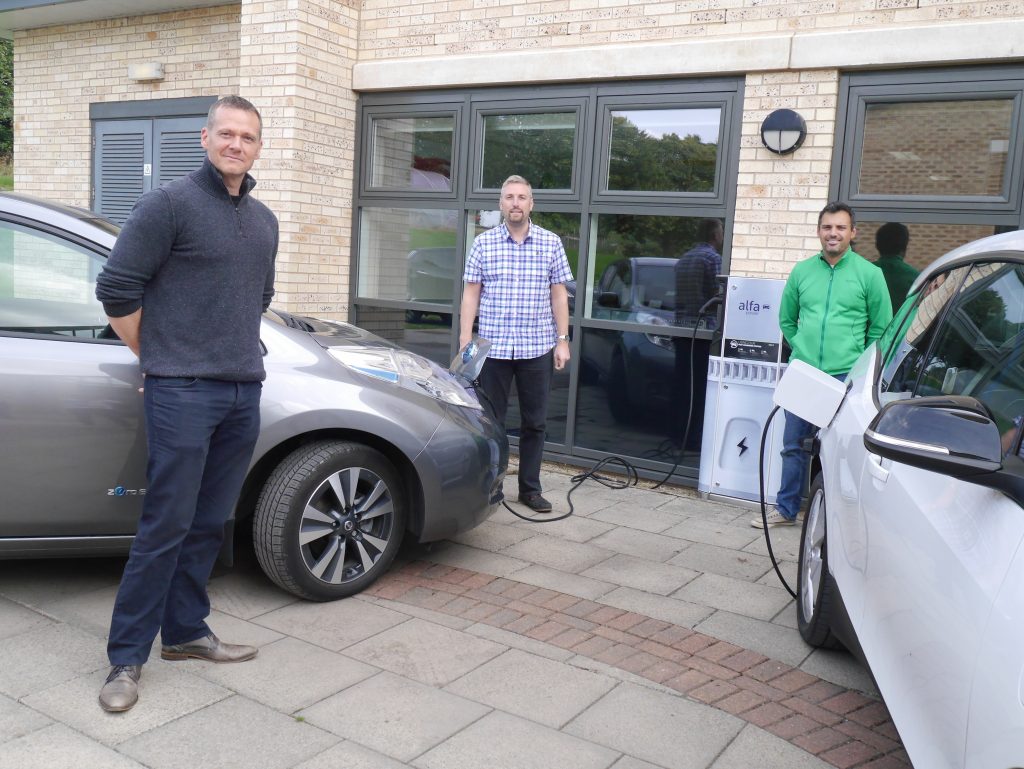
The purpose
Poor air quality is a problem that many schooling districts face as many of them are situated in areas of heavy urbanisation. Alfa Power proposed to install Electric Vehicle Chargers at the Grammar School at Leeds to encourage the use of EVs (Electric Vehicle) to both teachers and students.
The long term strategy for the government and the current status
Currently, there is a deprivation of available funding, so as a result there is minimal charging infrastructure in schools, and charging limitations at the home addresses of potential EV users. In addition, 50% of residences in Yorkshire are either terraced with no off road parking, flats, apartments, shared or rented accommodation. Therefore, they do not have access to a residential charging point.
Teachers as a market segment
Teachers are by and large, an environmentally conscious demographic with a strong adherence to sustainability, which makes them part of the key target market for EV adoption. Therefore, Alfa Power would like to make electric vehicle infrastructure available, and increase adoption of EVs for this particular market segment, in order to create a new community of EV drivers.
One of the great benefits of having EV charging infrastructure at a school is that the students will also see and experience it on a day-to-day basis, increasing exposure and awareness of the technology from an early age. Laws regarding petrol and diesel cars will have changed dramatically by the time the students have grown up. When factoring in that teachers are, in the main, an environmentally focussed group; they are perfectly placed to shape the attitudes and behaviours of their students. This makes teachers and indeed schools an excellent target market for EVC (Electric Vehicle Chargers).
The barriers teachers face to EV infrastructure
Even if the majority of teachers are pro-sustainability, they are currently very unlikely to make the switch to EVs, there are so many barriers that they will face when making the decision to switch. For example, NQTs (newly qualified teacher) are unlikely to have the option of owning a home charger, as they are most likely to be living in shared accommodation or a rented property. Landlords might not see value in tenants having a home charger installed as they see it as a disruption and a restriction. In conjunction to this, there is currently no EV infrastructure in the workplace, giving limited opportunity to charge. NQTs are also faced with the issue of limited finance. The primary cost of purchasing an EV may be off-putting for this demographic, and the lack of understanding of the benefits they could make when factoring in a total cost of ownership perspective. The running costs in terms of fuel and maintenance and repairs is hugely significant but not common knowledge in the public domain. This knowledge gap will be a contributor to teachers being less likely to ta take up the opportunity to purchase an EV. Furthermore, the current lack of widespread high performance infrastructure serves as an additional barrier to this uptake.
The following table shows the average lifetime of parts (in miles) for both internal combustion (IC) engine vehicles and modern electric vehicles (EV).
| IC Engine | Electric vehicle | |
| Brake Pads | 20,000 miles | 100,000 miles |
| Brake Discs | 50,000 | 200,000 |
| Exhaust Brackets | 10-15,000 | none |
| Spark Plugs | 20,000 | none |
| Fan Belt | 50,000 | none |
| Timing Belt | 100,000 | none |
| Injector Cleaner | 10-15,000 | none |
| Oil and filter | 15-20,000 | none |
| Gearbox | 50,000 | none |
| Clutch | 60-100,000 | none |
What Alfa Power has done to combat the issue at schools
Alfa Power has tried to allay the fears around the lack of infrastructure and range anxiety at the Grammar School at Leeds to encourage EV usage. The business has also raised awareness of the benefits of EVs and how they contribute towards combating the issue of poor air quality and improving public health.
The outcome of the proposal at GSAL
To test this hypothesis Alfa Power has installed a fast charger at the Grammar School at Leeds, which has immediately resulted in increased staff EV adoption by 150%. At the point of installation, there were 2 EV drivers in a staff consisting of over 200. This number within the first 3 months of the install has risen to 5! This demonstrates that teachers have the knowledge and are mindful about the advantages of owning an EV, and more importantly when infrastructure becomes accessible they are willing to make the switch to an EV. This uptake could not have happened if it was not for the installation of the fast charger at the Grammar School at Leeds.
Future plans for Alfa Power
We are optimistic that this case study will help Alfa Power to champion this strategy to other schools as the outcome has been positive. The result of the installation may help to increase wide scale awareness of the benefit of EVs in schools with the solutions that Alfa Power offers.
Alfa Power would like to continue to take this development one stage further. Through sister company Evie a proposal is on the table to offer a small number of EVs such as a Nissan-Leaf or Renault Zoe, to give teachers the opportunity to trial and test an EV. The aim of this is to increase EV usage within the community of teachers at the school. If there is a further increase in usage of EVs at the school, it could further spread awareness to students and parents too.
More Recent News
